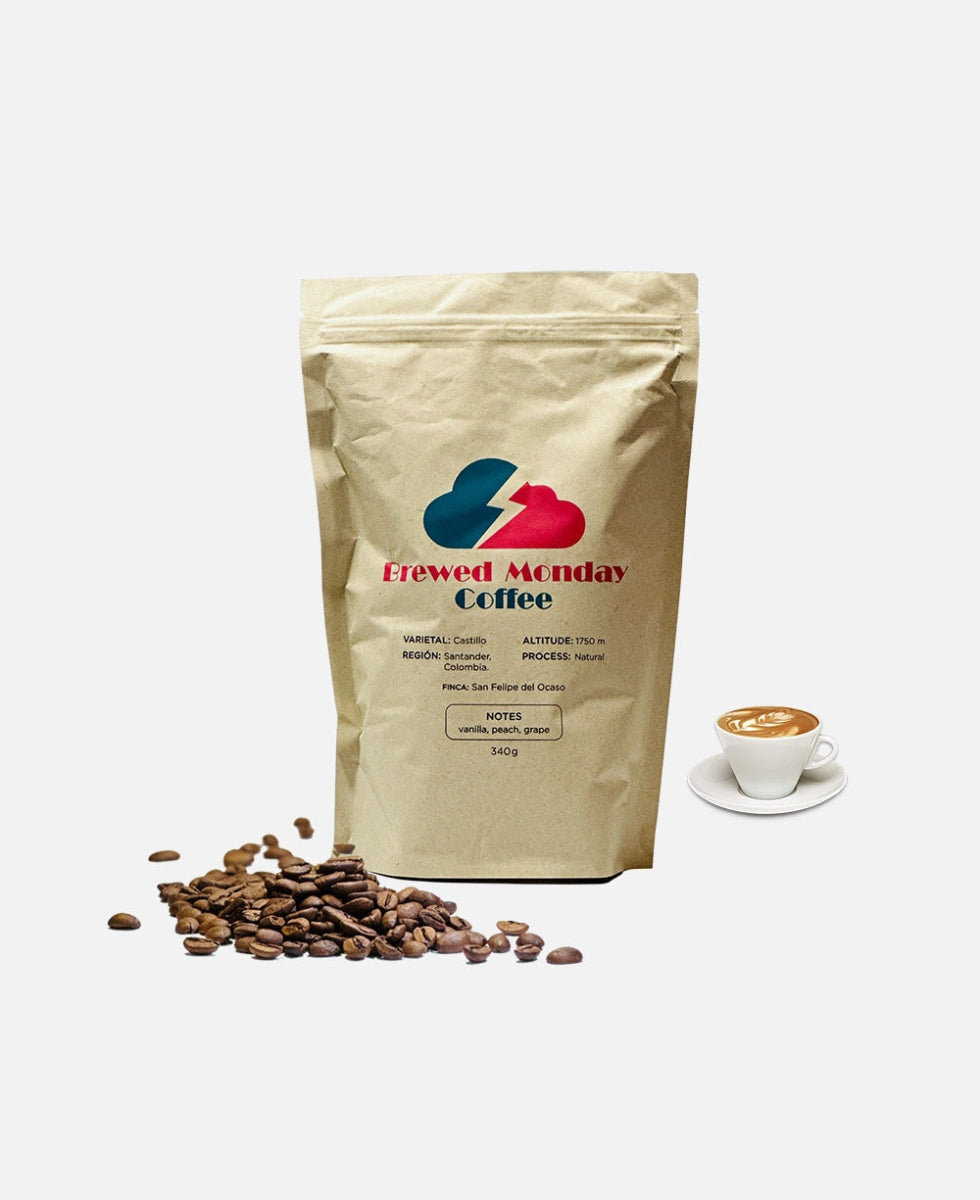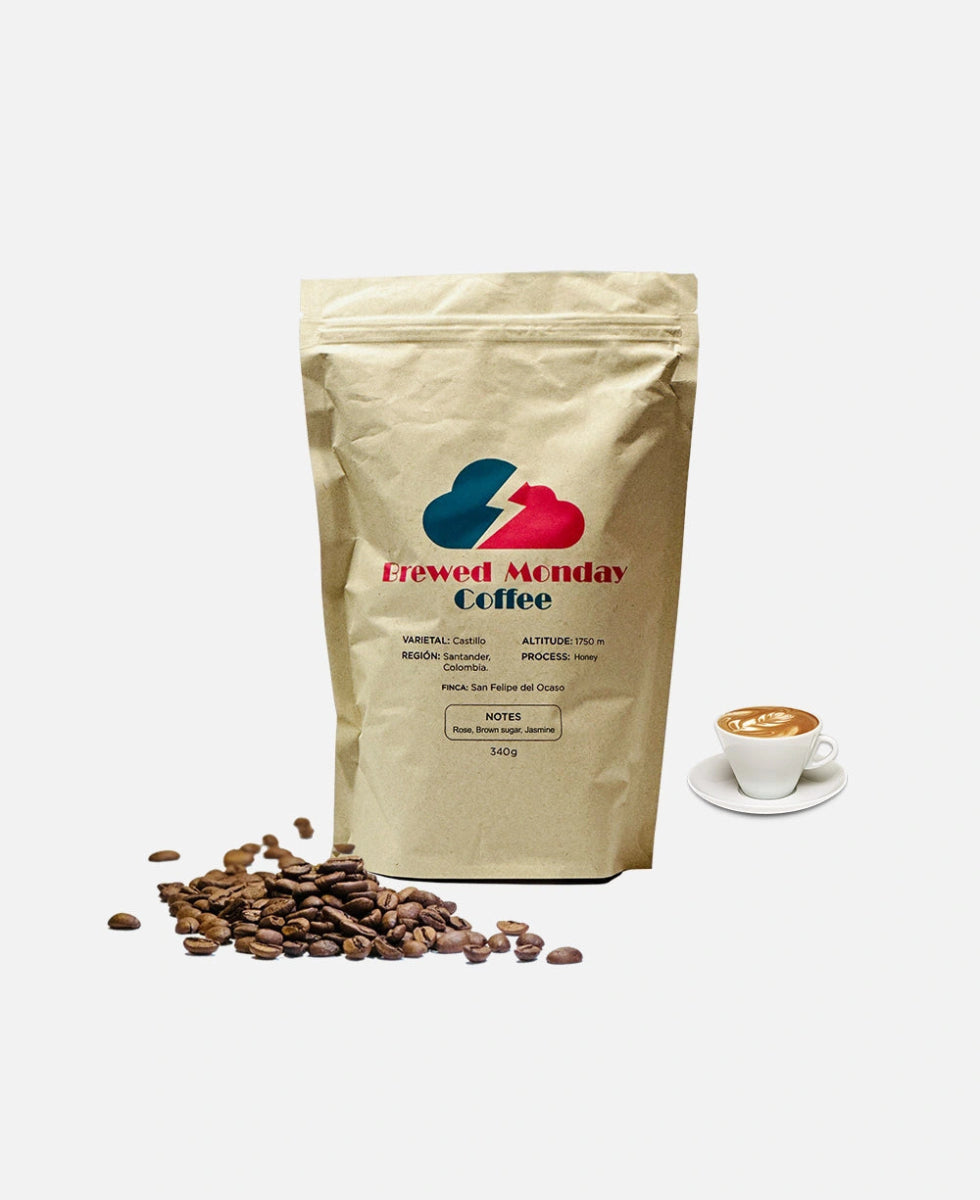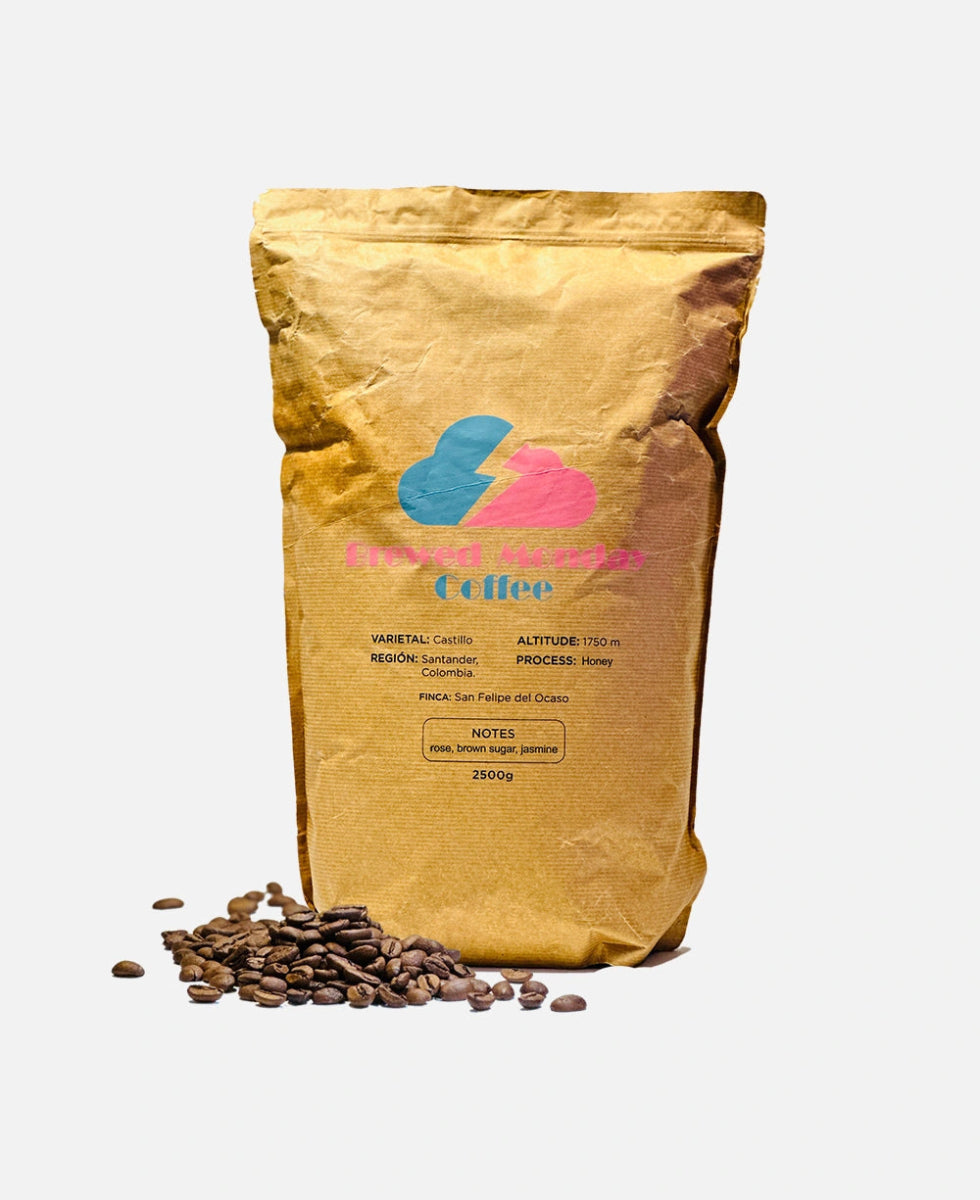





Colombia Decaf Coffee
How the Sugarcane EA Decaf Process Works 1. Ethyl acetate is made from sugarcaneSugarcane is fermented to produce molasses. That molasses is further fermented to create ethanol.Ethanol is then combined with acetic acid to create ethyl acetate, a compound that also occurs naturally in fruits. 2. Coffee beans are steamedGreen...














